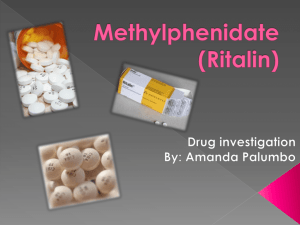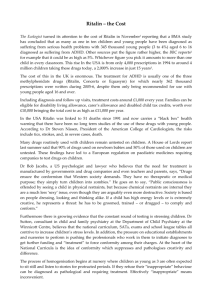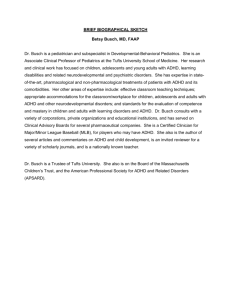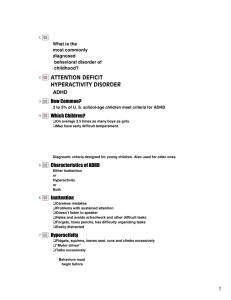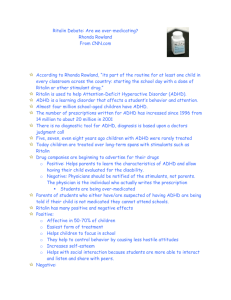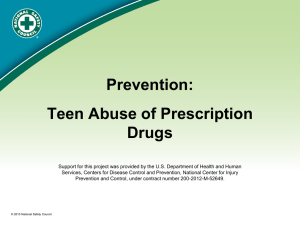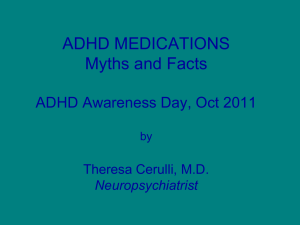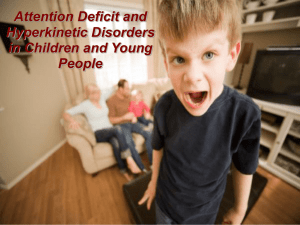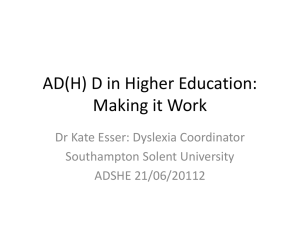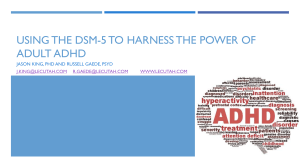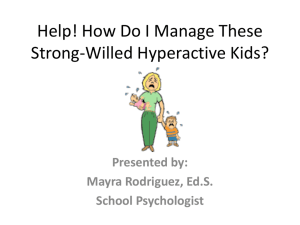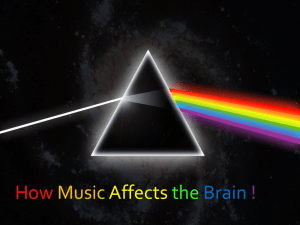ADHD CPPs submission H.Dickenson
advertisement
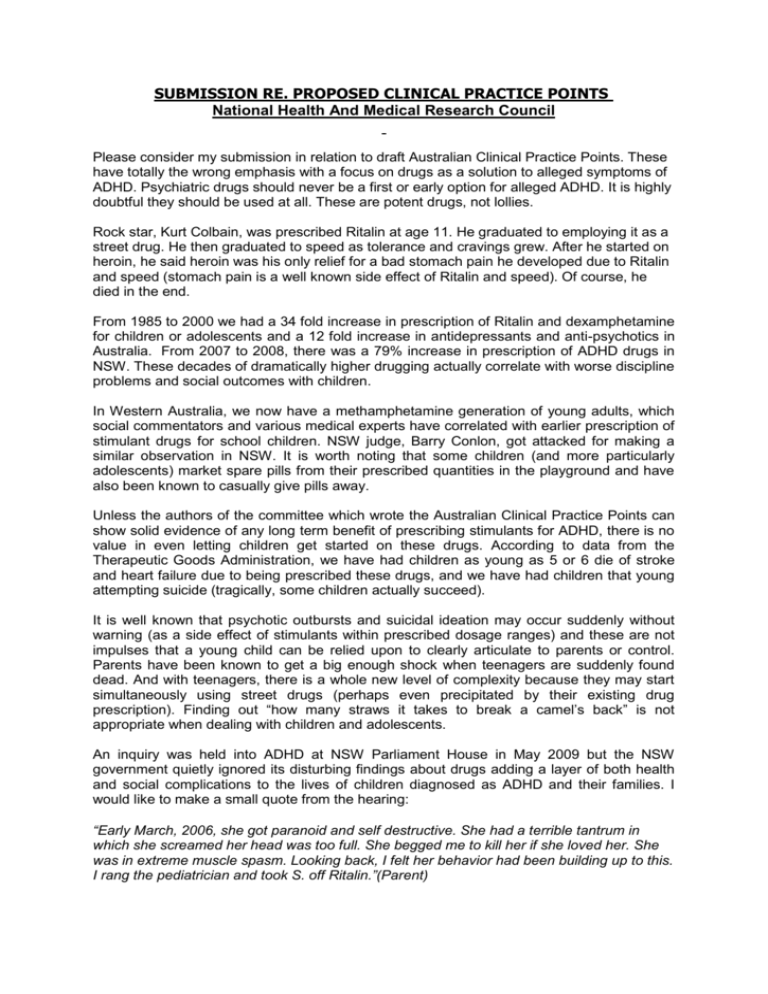
SUBMISSION RE. PROPOSED CLINICAL PRACTICE POINTS National Health And Medical Research Council Please consider my submission in relation to draft Australian Clinical Practice Points. These have totally the wrong emphasis with a focus on drugs as a solution to alleged symptoms of ADHD. Psychiatric drugs should never be a first or early option for alleged ADHD. It is highly doubtful they should be used at all. These are potent drugs, not lollies. Rock star, Kurt Colbain, was prescribed Ritalin at age 11. He graduated to employing it as a street drug. He then graduated to speed as tolerance and cravings grew. After he started on heroin, he said heroin was his only relief for a bad stomach pain he developed due to Ritalin and speed (stomach pain is a well known side effect of Ritalin and speed). Of course, he died in the end. From 1985 to 2000 we had a 34 fold increase in prescription of Ritalin and dexamphetamine for children or adolescents and a 12 fold increase in antidepressants and anti-psychotics in Australia. From 2007 to 2008, there was a 79% increase in prescription of ADHD drugs in NSW. These decades of dramatically higher drugging actually correlate with worse discipline problems and social outcomes with children. In Western Australia, we now have a methamphetamine generation of young adults, which social commentators and various medical experts have correlated with earlier prescription of stimulant drugs for school children. NSW judge, Barry Conlon, got attacked for making a similar observation in NSW. It is worth noting that some children (and more particularly adolescents) market spare pills from their prescribed quantities in the playground and have also been known to casually give pills away. Unless the authors of the committee which wrote the Australian Clinical Practice Points can show solid evidence of any long term benefit of prescribing stimulants for ADHD, there is no value in even letting children get started on these drugs. According to data from the Therapeutic Goods Administration, we have had children as young as 5 or 6 die of stroke and heart failure due to being prescribed these drugs, and we have had children that young attempting suicide (tragically, some children actually succeed). It is well known that psychotic outbursts and suicidal ideation may occur suddenly without warning (as a side effect of stimulants within prescribed dosage ranges) and these are not impulses that a young child can be relied upon to clearly articulate to parents or control. Parents have been known to get a big enough shock when teenagers are suddenly found dead. And with teenagers, there is a whole new level of complexity because they may start simultaneously using street drugs (perhaps even precipitated by their existing drug prescription). Finding out “how many straws it takes to break a camel’s back” is not appropriate when dealing with children and adolescents. An inquiry was held into ADHD at NSW Parliament House in May 2009 but the NSW government quietly ignored its disturbing findings about drugs adding a layer of both health and social complications to the lives of children diagnosed as ADHD and their families. I would like to make a small quote from the hearing: “Early March, 2006, she got paranoid and self destructive. She had a terrible tantrum in which she screamed her head was too full. She begged me to kill her if she loved her. She was in extreme muscle spasm. Looking back, I felt her behavior had been building up to this. I rang the pediatrician and took S. off Ritalin.”(Parent) “Dexamphetamine made me feel angry and that I had no control. I got an anesthetic feeling on Ritalin. My memory has never been good but it is getting better since I got off the drugs and onto the biomedical treatment.” (Teenage boy) Of course, no parent likes to admit that hitting or drugging their child, etc was a mistake (the natural human impulse is to be right and to subsequently defend actions as being right) even if they are wrong). But time and time again, the inquiry also found that parents were not being accurately informed of either the side effects of drugs for ADHD or doubts about their long term efficacy. The Australian Clinical Practice Points on ADHD are a dismal failure in terms of appropriate response to the high level of drug side effects being actually experienced, and the lack of informed consent by parents. Yours sincerely Helen Dickenson
